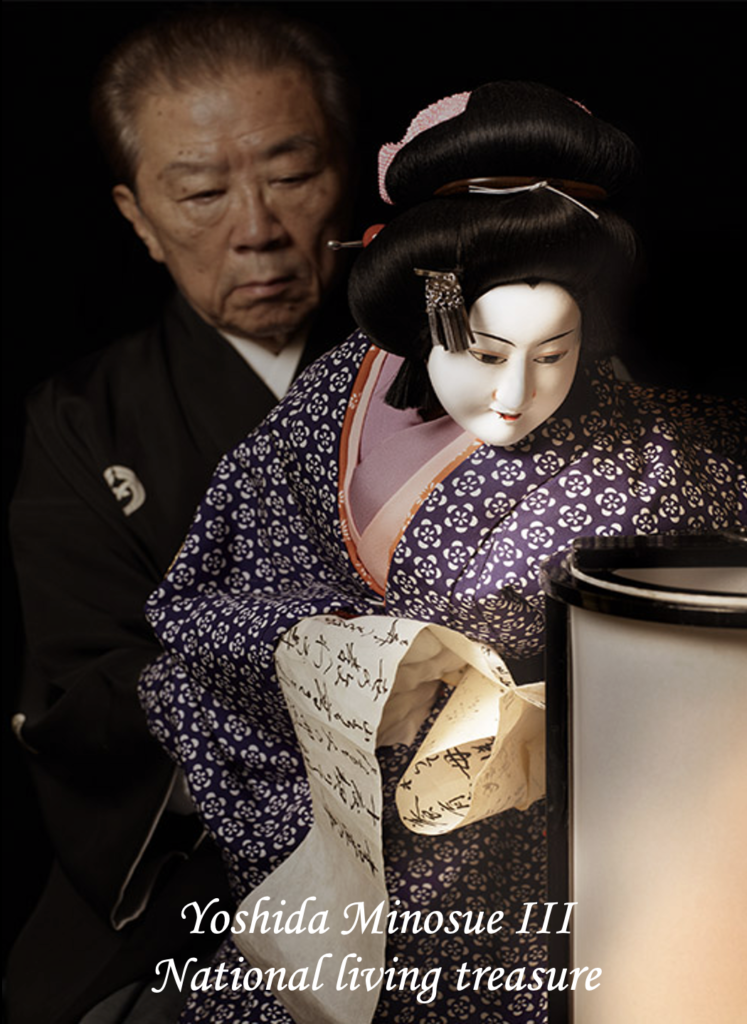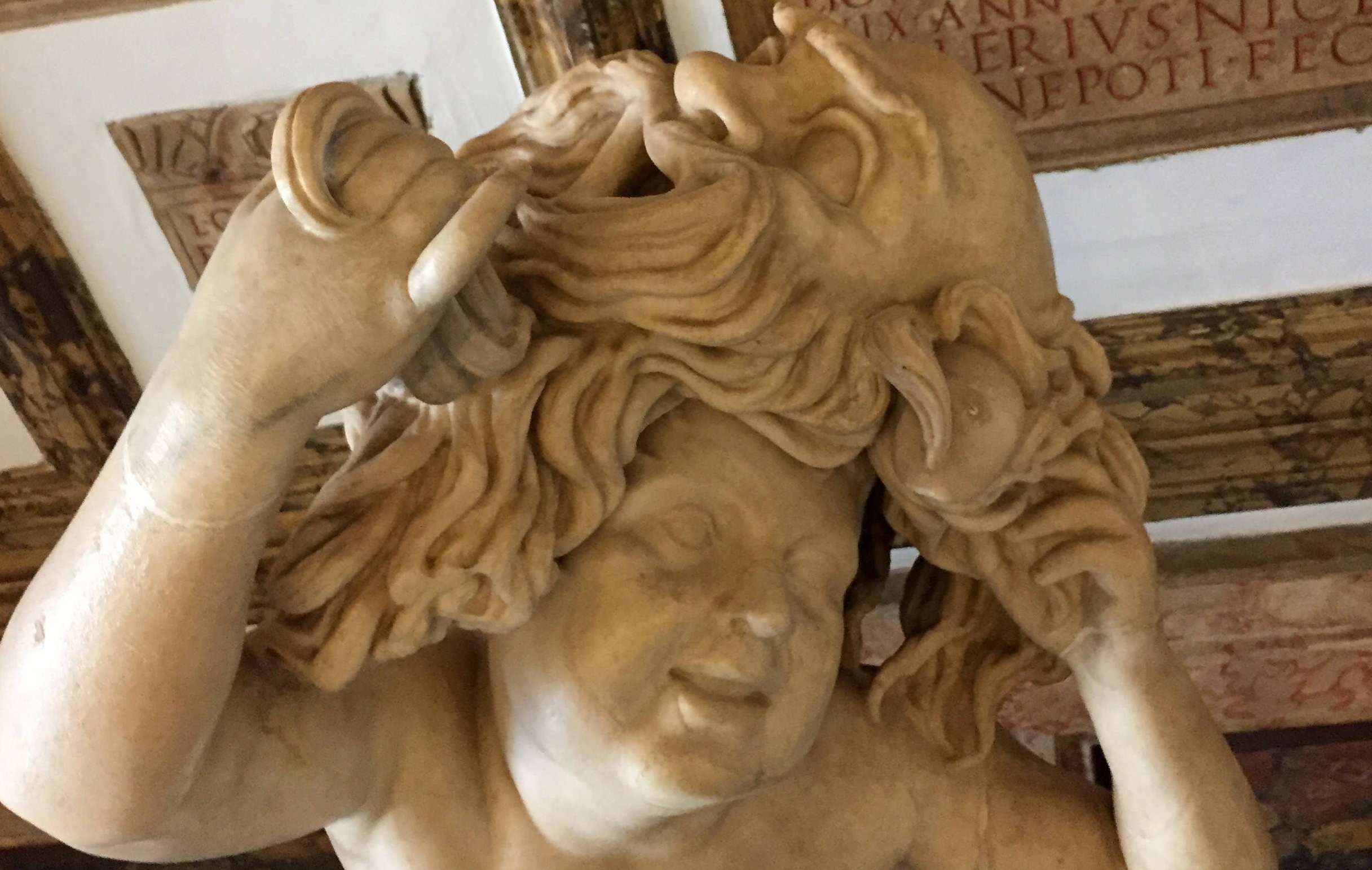What do we mean by ‘being’? A person with experience in a particular field possesses extensive knowledge and the ability to apply it effectively. They have the practical skills to put their knowledge into action. They also have the experience to understand the challenges and obstacles involved in achieving a desired outcome. Such a person can be described as having ‘being’ in a particular field. Western cultures generally value people who have a lot of knowledge above people who have ‘being’ in a certain area. In Japan, artists or craftsmen who possess a profound level of expertise and mastery in their craft are honored with the title of Living National Treasure by the Agency for Cultural Affairs.

The Fourth Way teaching speaks about the concept of ‘being’ in relation to awakening. It teaches that our understanding is the product of both our knowledge and our being. It may be difficult to see what ‘being’ means in oneself. It’s clear that animals possess a different level of being compared to humans. However, there can also be significant differences in the level of being among individuals. Consider, for example, a person who habitually blames their problems on others and external events. When faced with a difficulty, this person quickly becomes upset, assigns blame, and expresses their displeasure, leading others to avoid him.
Another person, familiar with the Fourth Way concept of the Law of Three, understands that all phenomena arise from the convergence of three forces. Becoming upset is no exception; it too results from the interaction of these forces. While the external stimulus that triggers negativity is often obvious, it is one’s own attitude towards the stimulus that ultimately determines whether one becomes upset or not. As a result, the person sets an aim to minimize the expression of negativity as much as possible. While often struggling and failing to hold back, there are moments of success.
In these instances, one may begin to notice certain psychological attitudes within oneself that are responsible for one’s own negativity. Additionally, one starts to see that when feeling justified in expressing one’s deep displeasure, something in one actually grants oneself permission to do so. One also realizes that one has a lack of inner unity, as despite having the aim to not express negativity, one often cannot avoid it. This leads to the understanding that consciousness and understanding are always in flux. When one’s level of consciousness (one’s ability to be) is low, one easily expresses negativity. While in a better state, one is able to catch oneself in time, more often. Therefore, one begins to become aware one’s own level of being.
In addition, as one’s level of being begins to change, knowledge is no longer just information—it turns into being, becoming part of one’s essence. This transformation is much like the process of digestion. Just as food entering the bloodstream nourishes the body, so too does knowledge, when internalized and applied in the moment, nourish the higher self.
The concept of ‘being’ is rooted in the word ‘be’. The idea of ‘being yourself’ has gained popularity in our era. Many people recognize that we often wear masks in our social interactions. These masks, originally formed to protect our essence, have taken on a life of their own. Most of the time we are unaware of them. Over time, we continue to wear them even when they’re no longer needed. This identification leads us to chase after superficial goals, neglecting what is truly real within us. In a Fourth Way school, it is essential to reduce the time spent wearing these masks—in other words, to spend less time in personality and more on the development of essence. By doing so, one may occasionally glimpse the futility of most pursuits driven by personality.
Hast never come to thee an hour, A sudden gleam divine, precipitating, bursting all these bubbles, fashions, wealth? These eager business aims—books, politics, art, amours, To utter nothingness? — Walt Whitman
Change in being enables one to experience essence being aware of itself. We have essence presence — the conscious child within aware of itself. — Robert Burton
As one accumulates experiences of a more miraculous state, one’s lower self will begin to resist more strongly. The process is gradual. At times, it may feel as though growth has stalled and that one is losing the battle against the lower self. However, with increased experience, one will come to realize that this resistance is a natural part of awakening. It serves to keep one humble. It makes one aware that without divine intervention, true awakening is unattainable.
Divine intervention is the third of the three essential forces for awakening. The first force is one’s own aim and effort, while the second force is the challenge posed by one’s lower self. This realization marks the attainment of a new level of being.
From the perspective of the machine, essence represents what is real, while false personality is not an inherent part of one’s being. False personality arises from an inability to accept one’s essence and by attempts to acquire qualities one perceives as lacking by imitating those one admires. Gaining this understanding allows one to deepen the experience of essence, aware of itself. One may reach the understanding that from a higher perspective, even essence itself is not real. Perceiving one’s own nothingness, one returns to a state of non-being.
To awaken means to realize one’s nothingness. — Gurdjieff
The ancient sages taught people to practice the Tao to return to the state before one’s parents gave birth to their physical body. This is the ultimate of non-being. — Liu Yiming, The Inner Meaning of Taoism
Turning and gazing towards the One constitutes being, but the One itself is perfect because it seeks nothing, has nothing and needs nothing. — Plotinus
Walther Sell has been a student of the Fourth Way for decades. He is the author of a website on Oriental esoteric teachings, Inner Journey to the West. See other articles by Walther for the FourthWayToday.org: Walter Sell articles.
